What Will Our Work Amount To?
A week ago Wednesday, I gave my first presentation on the PDX to Gulf Coast Project and I had several reasons to be worried:
- I’ve been working on this project, “pedal to the metal,” since early June and though our trip to the Gulf was by all measures a success, our work means nothing unless it resonates with others. What if the response was, “Who cares?”
- I wanted to have a good first showing, what if no one showed up or I sucked?
- I was invited back to the school where I received my Ph.D. in Environmental Science and Engineering almost 25 years earlier. I was to kick-off their fall seminar series, “The Science of Oil Spills,” and I was planning to primarily talk about social science to a room filled with budding and hard-core biological scientists.
Ultimately I knew this couldn’t be anywhere near as grueling as defending a thesis and this was a great opportunity to talk with the newest generation of scientists and those that would largely be responsible for tackling the ecological impacts of the spill. The opportunity to connect them to the often-neglected human-side of an environmental catastrophe was compelling.
As I started my talk I recounted that the last time that I had been in this very same classroom, I had been participating in a graduate seminar series on the ecological impacts of nuclear war. It was the mid-80s and the “Doomsday Clock,” a clock symbolizing the likelihood of nuclear war (set by the Board of Trustees of the “Bulletin for Atomic Scientists”), was within 5 minutes of midnight, the closest it had ever been. To say the least, many people, usually calm and collected, were concerned.
However, I noted that within a few years, and certainly much to my surprise, the Cold War had ended and nuclear arms proliferation had all but ceased. I questioned whether being brought to the “Brink of Disaster” had brought us to our senses. I then claimed that the BP oil spill had brought us to a similar place or possibly further: potentially, the complete annihilation of one of the richest ecosystems in the northern hemisphere and the world and, the collapse of a regional economy and way of life.
For all intents and purposes, the spill had shut down oil, tourism and fishing in a four-state area for a summer or longer. And the unknown and lingering effects, of an unknown and now unseen plume of residual contamination, would continue to spread and continue to impact the environment and economy for at least a generation. Not much different than what we expected in the aftermath of a nuclear attack – though thankfully, this disaster only caused the loss of 11 lives, but with literally 1000s of livelihoods hanging in the balance.
So, after my sobering introduction, I hit an hour-long stride of photos, videos, art and diagrams designed to depict the extreme and overwhelming consequences of a preventable accident and the public and private mis-management of the response. I closed by claiming personal responsibility for the insult to an ecosystem that would never completely heal, as result of my unbridled passion to consume petroleum products as fuel and plastics. I asked the audience to consider how their personal choices make the private funding of an incomplete, $40 billion cleanup, just another “cost of doing business”.
There was silence, a few questions and then I left. I wondered what I had accomplished. I’m pretty sure I didn’t “suck,” but if there wasn’t any larger impact, so what?
A day later I received this email from my friend Nancy Christy who has supported this project and suggested me as a speaker for this seminar series. Nancy is the Administrator and Academic Coordinator of the Division of Environmental and Biomolecular Systems for the Institute of Environmental Health at the Oregon Health and Science University.
Mike,
One of the students who heard your talk yesterday came to my office today and purchased a TriMet pass as a direct result of your plea to drive less—that’s what she told me.
It was great to see you yesterday—keep up the good fight!
Nancy
I can’t think of a better response to the work of PDX 2 Gulf Coast. It’s up to all of us to take personal actions that can mitigate, and even prevent, a disaster like this in the future. What are you going to do?

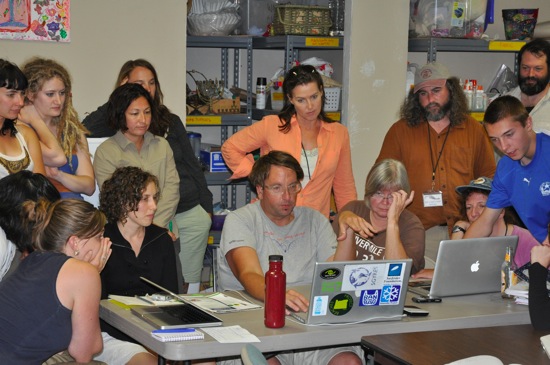














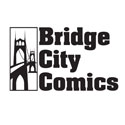
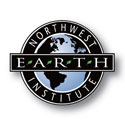


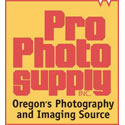


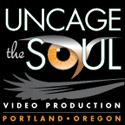
NO COMMENT
Leave a comment